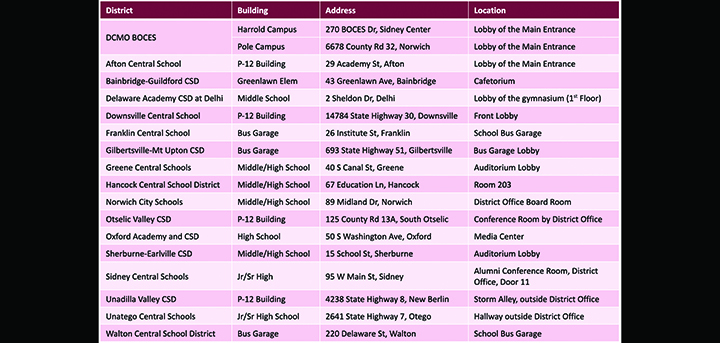Liberals in fantasyland
Welcome to another episode of liberals in fantasyland! The “professional left” (as White House spokesman Robert Gibbs calls them) is going crazy over President Obama’s deal with the Republicans to extend tax cuts and unemployment benefits.
New York Times columnist Paul Krugman yelps that the president is caving in to “blackmailers.” Nation editor Katrina vanden Heuvel warns in the Washington Post that he “risks a failed presidency.” Norman Solomon of Progressive Democrats of America fulminates that “Obama may have just ensured that he’ll face a significant challenge to his renomination in 2012 from inside the Democratic Party.”
All this hyperventilation shows how delusional these liberals really are. We agree with them, tax cuts for the wealthiest Americans are a bad idea the country cannot afford. But Senate Democrats tried twice last weekend to cancel those cuts. They failed badly both times, and in January the new Senate will tilt even more sharply to the right. The votes are simply not there for raising taxes on anyone, even the rich. Deal with it. Face facts, not fantasies.
That’s exactly what Obama is trying to do. He knows that compromise requires both sides to give something. And without a compromise, tax rates will go up on Jan. 1, unemployment benefits will lapse, and a fragile economic recovery will take another devastating hit. Obama risks a “failed presidency” if he accepts that disaster, not if he tries to avoid it.







Comments